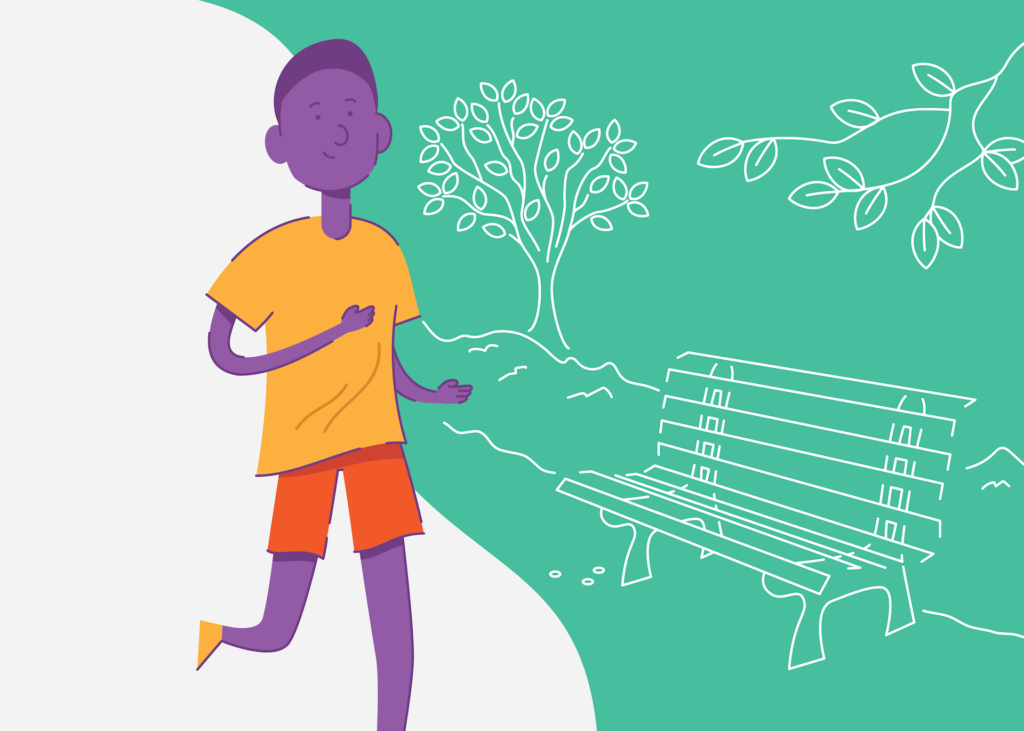Cancer: that dreaded word that no one wants to hear. It was responsible for an estimated 609,000 deaths in the United States in 2018 alone. It’s a disease that currently has no complete cure, and most modern treatments take a huge toll on everyone involved in the healing process. But there is some good news: while cancer is not completely preventable, statistics show that there are plenty of actions you can take and decisions you can make to protect yourself for as long as possible.
What Is Cancer?
Put simply, cancer is a disease of your cells’ genetic structures. Actually, it’s not just one disease, but many all categorized under one umbrella, since cancer can occur in just about every part of your body. Cancer is the result of genetic mutations within healthy cells that causes them to behave abnormally, particularly when dividing and multiplying. It can occur in many places, such as the skin and breasts (two of the most common), the stomach, the pancreas, the liver, the brain and many more.
The word “cancer” itself actually refers to the irregular behavior of affected cells when they grow into lumps, or tumors, that threaten the health of the surrounding tissue and your entire body if it spreads. A cancerous tumor is considered “malignant,” while a tumor that is not expanding or threatening your body is considered “benign”, or safe. Cancerous tumors can invade, damage and destroy healthy tissue in your body and cause any number of health problems.
Cancer Causes and Risk Factors
The mutations in cells that cause cancerous tumors can be the result of a wide variety of risk factors. Some of these include:
- Aging – As your body gets older, it becomes less effective at healing and performing regular functions. The structures and abilities of your cells to properly work and multiply may fail or change, resulting in a mutation that can create a cancerous tumor.
- Risky habits – Behaviors like excessive alcohol consumption, smoking and absorption of too many harmful ultraviolet light rays (from sources like the sun and tanning beds) add dangerous and unhealthy chemicals, substances and radiation to your body that have the potential to damage your body and bring about harmful effects.
- Poor diet – Unhealthy eating habits from unbalanced diets, along with obesity and overweight conditions put a lot of stress on the body as it tries to operate without proper nutrition and daily activity. Neglecting to take in adequate amounts of vitamins and nutrients like fiber and calcium (which often come from fruits and vegetables) can harm your body and increase your risk of disease. These stressors can lead to a large number of health problems, among which is cancer.
- Genetics – Unfortunately, this factor cannot be avoided. Anyone whose blood relatives have had cancer is at risk, too.
- Disease – If you already have a long-term, autoimmune or recurring disease, your immune system will be compromised and more vulnerable to the development of cancer. Sexually-transmitted diseases or sexually-transmitted infections such as HIV and HPV also increase your risk.
Prevention
Fortunately, there are plenty of preventative practices that you can do to lower your risk of developing cancer. Also, according to recent studies, 42 percent of cancer cases and 45 percent of cancer deaths are linked to modifiable and preventable factors. Some of these factors that you can change include:
- Healthy diet – Providing your body with proper nutrition and balanced, regular meals (i.e. proper amounts of fiber, protein, carbohydrates and other vitamins and minerals) will help it to operate the way it is meant to. It will help you heal properly, remove toxins from your body, and promote healthy growth and aging.
- Regular exercise – Keeping your body moving and active not only helps you stay healthy, but it also prepares your body to handle every kind of bodily stress in a positive way. It also helps your body stay healthy as you age, helping prevent or delay many of the problems that come with getting older.
- Protection from the sun – Many of the sun’s rays are harmful to the human body. Being active outdoors is great and will do wonders for your health. But if you want to stay healthy in the great outdoors, protect yourself from the dangers of the environment around you, particularly the harmful rays of the sun. Wear sunscreen and/or body-covering clothing to block UV radiation. Also keep an eye on the health of your skin (especially if you sunburn easily) to ensure that you’re not seeing any strange lumps or spots, which could be evidence of skin cancer.
Getting a regular checkup with your primary care physician is one of the most important factors you can control in determining your risk for cancer. Your doctor can help you monitor any changes in your body that may indicate a risk of it developing. One of the best chances anyone has of defeating cancer is finding and getting it diagnosed early. The earlier it is caught, the easier and more effectively it can be treated.
At Community Access Network, we want you to stay safe and healthy from cancer and every other disease. Schedule an appointment with us today!
